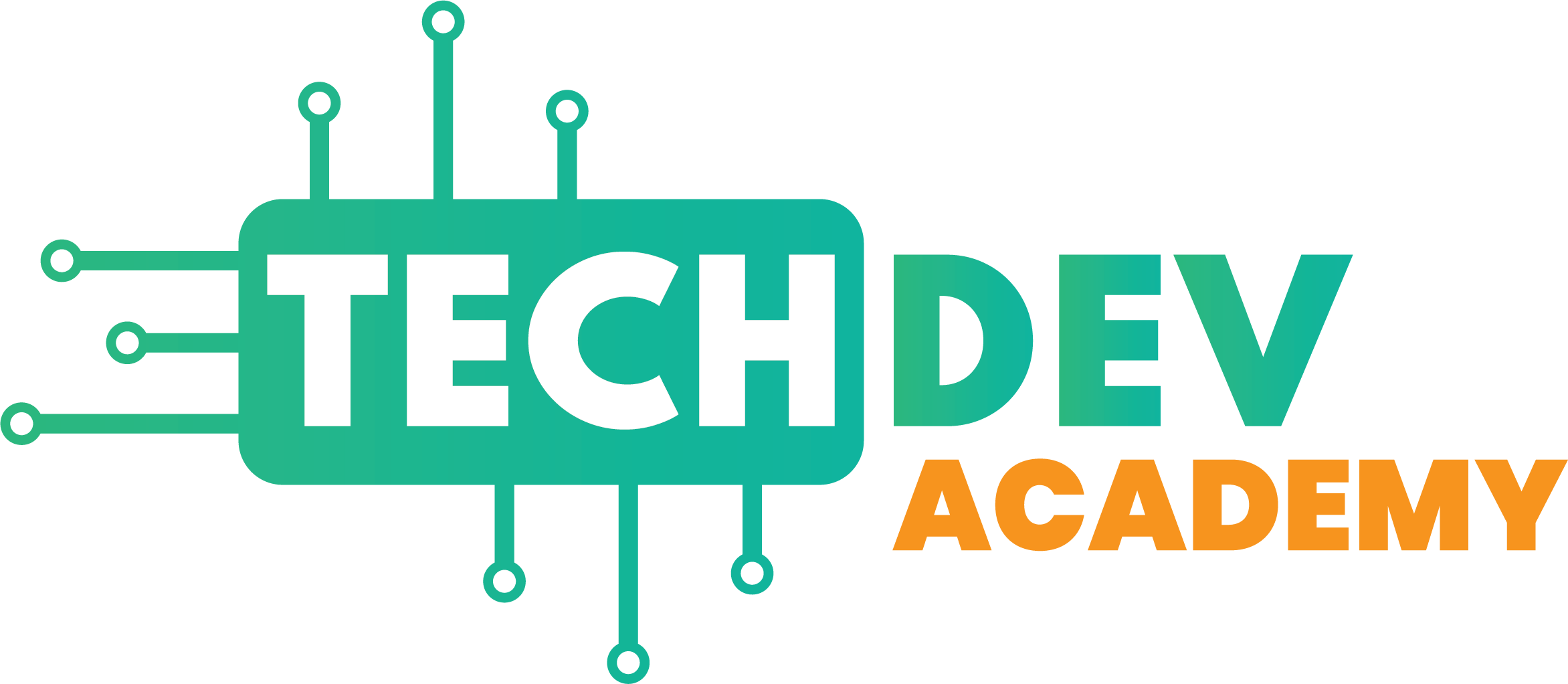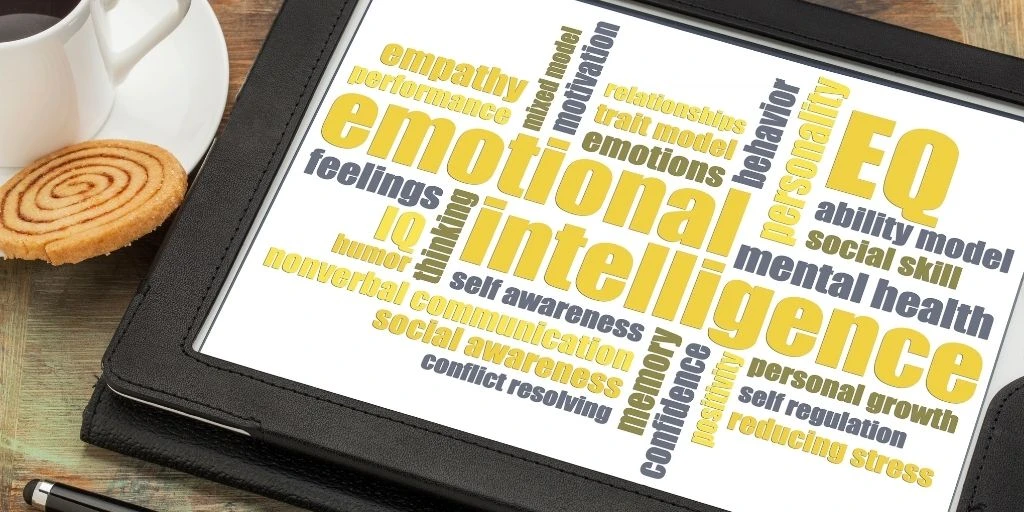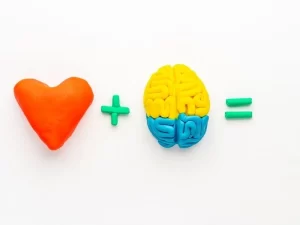Parents typically focus on improving their kids’ IQ and academic skills while overlooking the importance of emotional development. However, in reality, emotional intelligence (EI) is as important as other crucial skills and it is one of the most powerful indicators of how successful today’s kids could be in their careers and life. The good news is emotional intelligence in kids can be developed through the use of appropriate methods.
If you are wondering how to help your kids improve emotional intelligence, continue reading as we are going to discuss the most effective techniques to do so.
Understanding emotional intelligence
Emotional intelligence stands for the ability to perceive, evaluate, and manage someone’s own emotions, as well as, those of other people. By improving emotional intelligence, kids can act on their feelings smartly and effectively. This helps them take in information easily, stay motivated, pay attention, and get along effortlessly with classmates and teachers. According to research [1], EI is associated with self-awareness, better communication skills, resilience, better mental health, and better relationships along with other positive outcomes.
Comprehending the elements of emotional intelligence
Psychologist Daniel Goleman, the author of the New York Times bestseller Emotional Intelligence, has described five fundamental parts of EI in his book. These include:
- Self-awareness: A person’s ability to understand what he/she is feeling at a certain time and the way his/her moods may impact others.
- Self-regulation: The person’s ability to control the way he/she reacts to his/her emotions. He/she assesses possible consequences before acting on impulse.
- Motivation: The ability to achieve goals despite having distracting or negative feelings.
- Empathy: The ability to comprehend the way others feel.
- Social skills: The ability to handle relationships. The person understands the behaviors that get positive responses from others.
7 Effective strategies to help your kid develop emotional intelligence
Here, we have jotted down seven simple yet highly effective techniques that you can implement to help nurture EI in your kid.
- Demonstrate empathy
It might be tempting to downplay the feeling of your kid when he/she is disappointed or upset. But you should demonstrate empathy toward him/her and validate the feelings instead of making derogatory remarks. Even if you cannot help him/her come out of the upsets, empathize. By letting him/her understand that you acknowledge his/her perspective, you will help the kid let go of disturbing emotions. This will automatically influence his/her thinking and he/she will learn to understand how it feels on the inside.
- Help the kid identify emotions
The more a kid practices identifying and discussing his/her emotions, the more effectively he/she will be able to manage them. You can try to make it a daily ritual by asking a simple question like ‘what emotions are you going through today?’ Remember to avoid generic questions like ‘how are you?’ because the answer will most likely be a typical ‘fine’ even when the kid is not fine. A more precise question will help the kid discuss his/her exact emotional state, which will help develop confidence and self-awareness.
- Accept your kids’ emotions
Kids cannot distinguish between their selves and their emotions. If you minimize or deny your kid’s emotions, it will give him/her a message that some feelings are not acceptable. Turning down his/her anger or fear will not stop those feelings from coming up but it might compel the kid to repress them. And remember that repressed emotions do not fade away. Instead, they remain in the subconscious mind and may pop out uncontrolled. Therefore, accept your kid’s emotions and teach that they are a part of life, even while some of them have to be regulated.
- Let the kid understand negative emotions
 While parents naturally try to shield their kids from negative emotions or experiences, it obstructs their emotional development. Therefore, let your kid understand that all kinds of feelings are normal in life and how he/she deals with them is what matters the most. Instead of overprotecting the child from various stressors, let him/her learn the ways to deal with the emotional states that appear with those stressors and their responsibilities. Your goal should be to teach the kid to perceive uncomfortable feelings like frustration and anxiety in a healthy manner so that he/she doesn’t think that those feelings need to be suppressed.
While parents naturally try to shield their kids from negative emotions or experiences, it obstructs their emotional development. Therefore, let your kid understand that all kinds of feelings are normal in life and how he/she deals with them is what matters the most. Instead of overprotecting the child from various stressors, let him/her learn the ways to deal with the emotional states that appear with those stressors and their responsibilities. Your goal should be to teach the kid to perceive uncomfortable feelings like frustration and anxiety in a healthy manner so that he/she doesn’t think that those feelings need to be suppressed.
- Help the kid develop problem-solving skills
Once your kid starts to feel that his/her emotions are accepted and understood, the emotions start to disappear and that brings an opportunity for you to help the kid develop problem-solving abilities. Help him/her set goals and think of solutions that might be used to accomplish those goals. However, refrain from rushing in and handling the problem unless the kid asks you to because this will communicate a message that you are not confident about his/her ability to manage it himself/herself.
- Involve the kid in new activities
When a kid experiences new activities, people, or places, it helps to broaden his/her mind to understand different perspectives and experiences. You can utilize daily opportunities to expose your kid to new learning experiences. These may include trying a new hobby, watching a documentary, or reading a book together. Volunteering to help others is also an effective strategy to help develop compassion and empathy, which are two crucial aspects of EI.
- Discuss the challenges
When your kid is struggling with something, ask him/her about the feeling that he/she is going through. Let your kid name his/her feeling such as anger, sadness, overwhelmed, jealousy, etc. Then ask the kid about the reason behind the feeling he/she just named. You can apply this technique when the kid has a positive experience as well.
Finally, it is quite understandable that these days, it may not be possible for parents to be around always to encourage or help their kids in doing things. Kids would need to learn how to do things independently as well. Therefore, it would be wise to help your kid understand that he/she can utilize positive self-talk to deal with the emotions in a better way and stay motivated and focused throughout the process.
[1] https://www.naeyc.org/resources/pubs/yc/mar2017/teaching-emotional-intelligence


